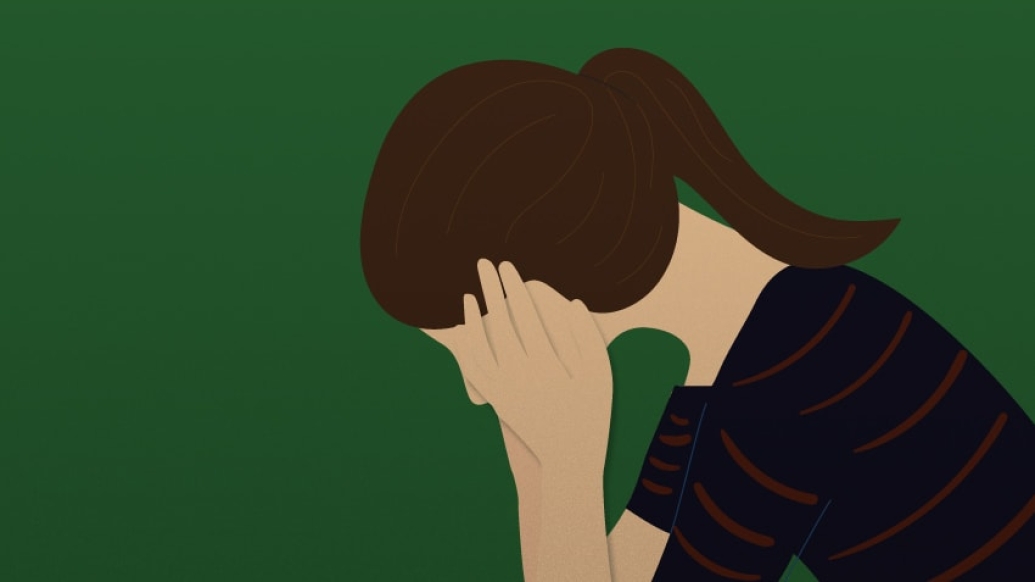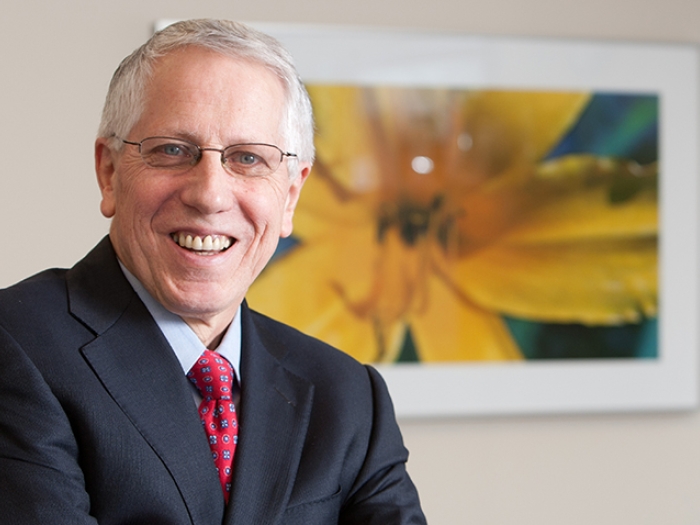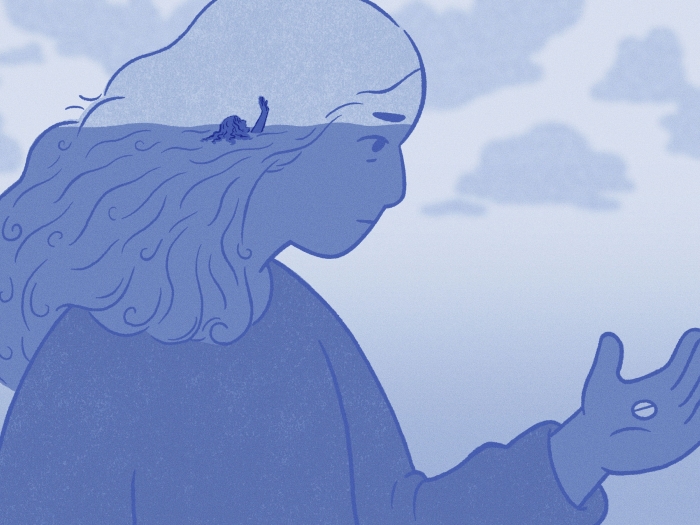Treating children with anxiety at the onset of symptoms can prevent substance use, school dropouts and suicide attempts. A new study seeks young participants.
7:00 AM
Author |

For young people with anxiety, the condition can get in the way of functioning at school, at home and with friends.
Anxiety has been on the rise among youth in recent years, with 1 in 3 developing anxiety-related distress and impairment by adolescence, according to a 2010 article from the Journal of the American Academy of Child and Adolescent Psychiatry.
LISTEN UP: Add the new Michigan Medicine News Break to your Alexa-enabled device, or subscribe to our daily audio updates on iTunes, Google Play and Stitcher.
But treating patients early can prevent the long-term consequences of chronic anxiety, which include substance abuse, dropping out of school and even suicide, says Kate Fitzgerald, M.D., M.S., the academic director of child and adolescent psychiatry at U-M.
The first-line treatment for childhood anxiety is cognitive behavioral therapy, or CBT, a short-term, collaborative treatment that focuses on a patient's current problems.
SEE ALSO: Using Cognitive Behavioral Therapy to Treat Teen OCD
Unfortunately, not all people respond to the approach.
That's why the University of Michigan is investigating how children respond differently to the therapy.
The ongoing study is enrolling participants ages 7 to 17. Enrollment is free.
"We want to better understand how individual differences in brain-behavioral targets of CBT may contribute to patient outcomes," says Fitzgerald.
How to sign up
Funded through a $3 million grant from the National Institute of Mental Health, the study offers participants a mental health evaluation, therapy sessions with trained clinicians and two MRI scans.
Eligible participants may have a range of anxiety severity, from none to anxiety that is quite bothersome.
Fitzgerald and her team hope to gain insight into how brain function underlies anxiety disorders — and how changes in brain function after CBT help young patients overcome anxiety.
MORE FROM MICHIGAN: Sign up for our weekly newsletter
"We hope to gain a better understanding of brain and behavioral markers of outcomes in CBT-treated youth with anxiety," she says. "We can then use this understanding to improve each child's response to CBT and guide the development of even more effective treatments."
Other benefits may also result for participants.
"The ability to access care through a setting like this is pretty unique and can be beneficial to families who are looking for therapy services, some of whom otherwise would not have access to high-quality cognitive behavioral therapy," says Jennifer Nidetz, the study's lead coordinator.
SEE ALSO: Does Netflix's '13 Reasons Why' Influence Teen Suicide? Survey Asks At-Risk Youths
"We also see children who have never been diagnosed before and they're looking for an understanding of their symptoms or where they should go next."
To learn more about the study, call 734-232-0130 or email [email protected].

Explore a variety of healthcare news & stories by visiting the Health Lab home page for more articles.

Department of Communication at Michigan Medicine
Want top health & research news weekly? Sign up for Health Lab’s newsletters today!





